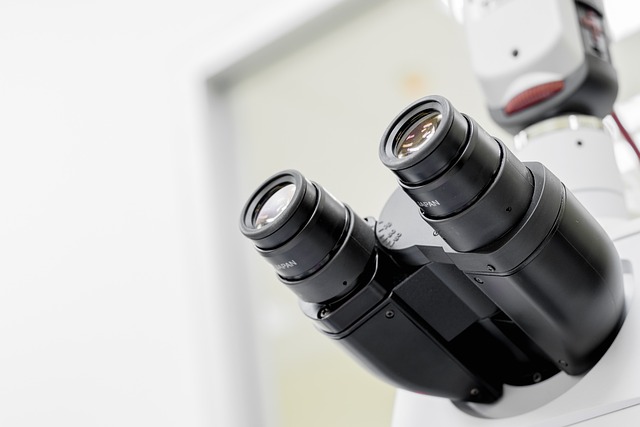
Revolutionizing Workplace Culture with the Science of Business Intelligence Technology
The modern workplace is increasingly becoming a hub of innovation, driven by the rapid advancement of technology. At the forefront of this transformation is business intelligence. By harnessing the power of data and analytics, organizations can derive actionable insights that not only improve operational efficiency but also revolutionize workplace culture.
Business intelligence refers to the processes and tools associated with the collection, analysis, and presentation of business data. This science, rooted in statistics and computer science, allows companies to interpret complex data landscapes. As businesses capture and analyze more information than ever before, the ability to glean meaningful insights becomes paramount. Imagine a workplace where every decision is supported by data, every team member feels empowered to voice their opinions, and collaboration thrives on informed discussions. This is the future that business intelligence offers.
The integration of business intelligence technology fosters a culture of transparency. Employees at all levels can access information about performance metrics, project statuses, and company goals. This transparency breaks down silos and promotes collaboration. When everyone has visibility into the same data, it encourages accountability and trust among colleagues. With easy access to the data they need, team members can focus on innovation rather than searching for answers or being bogged down by inefficiencies.
Furthermore, business intelligence promotes a culture of continuous improvement within the workplace. By analyzing evolving trends and employee feedback, organizations can pinpoint areas for development. For instance, if data shows that employee morale dips around a particular project phase, managers can proactively address the issue, enhancing both job satisfaction and productivity. This science-based approach to workplace culture not only meets employee needs but also aligns with business goals.
Incorporating business intelligence technology also supports remote and hybrid work environments. As teams spread across various locations, the challenge of maintaining a cohesive culture becomes increasingly vital. By utilizing real-time analytics, companies can keep remote workers engaged and connected. Dashboards and reporting tools allow everyone to share wins and acknowledge contributions, fostering a sense of belonging, regardless of distance.
The rise of artificial intelligence (AI) and machine learning (ML) in business intelligence tools further enhances this evolution. These technologies can identify patterns and predict outcomes, paving the way for organizations to make data-driven decisions that are not only timely but also strategic. Employees equipped with predictive insights can navigate challenges more effectively, contributing to a culture that values foresight and adaptability.
Moreover, implementing business intelligence tools nurtures a culture of learning and curiosity. As employees become familiar with data analytics, they are more likely to experiment with their insights, take ownership of their tasks, and contribute to the company’s growth. This empowerment leads to a workforce that is not only engaged but also motivated to innovate.
Ultimately, the fusion of business intelligence with workplace culture is much more than a trend—it’s a necessary evolution for organizations aiming to thrive in the competitive landscape. As smart data solutions continue to change how businesses operate, those that embrace the science of business intelligence will find themselves leading the charge in creating dynamic, innovative, and inclusive work environments.



